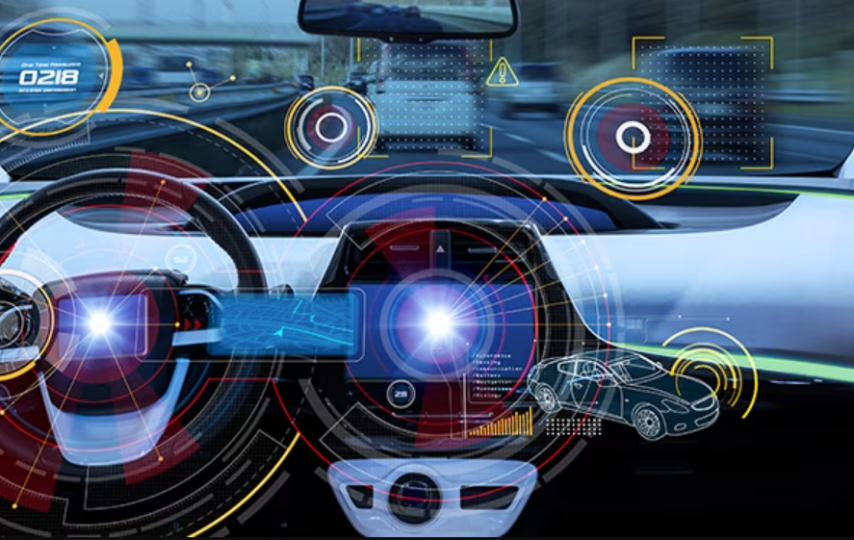The relationship between semiconductors and automotive technology continues to grow and is becoming prominent in various aspects of smart vehicles, from connectivity, advanced driver assist systems and autonomous driving capabilities.
In this article, we’ll be exploring the increasingly significant role of semiconductors in the development of smart vehicles.
Enabling vehicle connectivity and communication
The emergence of smart cars has seen an improvement in the communication between the driver and the vehicle itself.
They are becoming better at detecting and alerting drivers of faults in the vehicle, as they are typically equipped with an electronic computer system that links to the dashboard. Some models have the ability to remind us when a full car service is due.
Semiconductors are the beating heart of a car’s internal computing engine and allow seamless integration between themselves and external devices, such as smartphones and smart home systems, helping to make your driving experience as smooth as possible.
Powering advanced driver assistant systems (ADAS)
The role of ADAS is to prevent the number of accidents caused by human error, which could lead to injury or death. ADAS applications include pedestrian detection, lane departure warning, automatic emergency braking and blind spot detection. The technology is a transformative feature for the modern vehicle and acts as a stepping stone to the creation of more autonomous cars.
Semiconductors play a critical role in the functioning of ADAS. They are responsible for processing information and making quick decisions. They act as key components for sensors, cameras, and radar systems.
Using real-time data processing and decision-making capabilities, semiconductors and the addition of AI can determine many on-road factors, such as when to change lanes and how to navigate through traffic.
With this integration, the use of both semiconductors and AI technology is capable of learning and adapting to varying driving conditions, resulting in the enhancement of performance and reliability, as well as improved safety and driving assistance features.
Fuelling autonomous driving innovations
A fully autonomous car is a self-aware vehicle that is capable of making its own choices and doesn’t require human interference. Relying on complex algorithms, machine learning systems and powerful processors, the autonomous car can create and utilise a map of its surroundings and monitor the position of nearby vehicles.
Semiconductors are prevalent in the rising development of autonomous driving technologies. Autonomous vehicles require a vast amount of high-performing sensors from advanced semiconductor technologies, which are situated on different parts of the vehicle to ensure the car can measure distances, detect road edges and identify lane markings.
As the world continues to modernise, the demand for this technology continues to surge. Semiconductors also contribute to the power of processing units, artificial intelligence algorithms, and sensor fusion systems.







